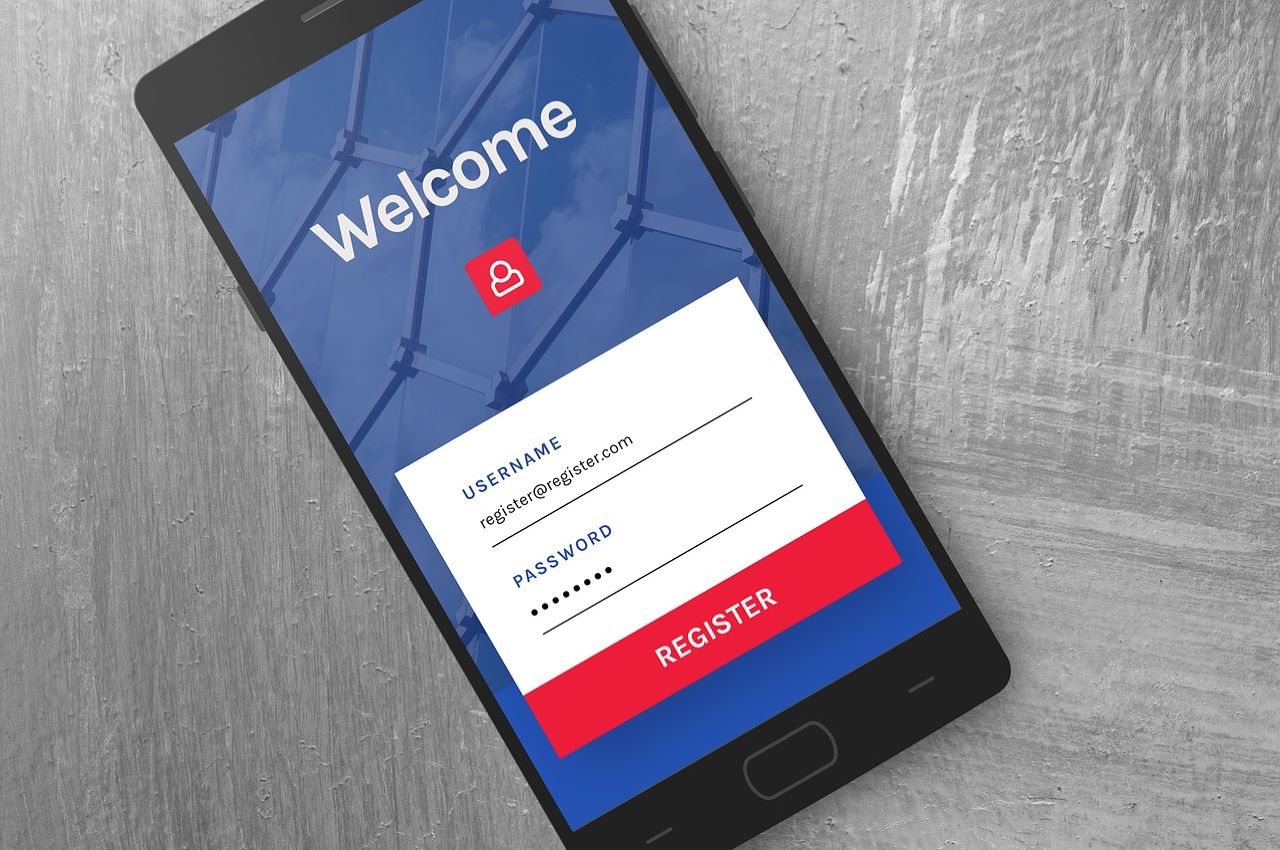
What is a SaaS Subscription?
SaaS Subscription software is a highly in-demand product delivery model. There are a plethora of choices when it comes to this particular type of software making it somewhat challenging for individuals to decide which one to choose. You can choose to buy through licensed purchase or SaaS. However, you still need to weigh your options and understand the advantages and disadvantaged tied with every option.
One of the frequently talked about latest technology trends is the Software-as-a-Service or shortly known as Saas. This pertains to software delivery and licensing model wherein software is exclusively licensed on a SaaS subscription basis and is centrally-hosted. SaaS is sometimes called “on demand” software and is commonly accessed by users utilizing thin client through a web browser. This is now creating fuzz in the business world since it provides software and at the same time, fully-integrated and effective business solutions jointly delivered as cloud-based service.
There are instances that many individuals are confused between SaaS and cloud-based and begin questioning if the two are just the same. SaaS is just another procedure of paying for particular software and not the distinction between whether SaaS is hosted on the Cloud or installed locally. When individuals opt for SaaS subscription, then they are choosing to rent the software for a specified period rather than purchasing a license to utilize it indefinitely.
When speaking about tools like Vendor Portals or data analytics tools, there are so many good reasons why these need to be SaaS, Cloud-based not deployed.
Reasons for going with a SaaS Subscription
- SaaS guarantees fast deployment
- SaaS also ensures scalability. This gives individuals the capability of scaling up or down instantly without really affecting the resources or IT infrastructure of the organization or company.
- Another compelling reason why you need your cloud-based vendor portal to be SaaS is the guaranteed flexibility. Regardless of what the future brings, you are completely ready to adjust and adapt.
- SaaS also guarantees fast delivery solutions.
- Ease of integration. Cloud-deployed business solutions seamlessly integrate with current internal systems.
SaaS subscription provides vendor portals and analytics tools the flexibility to acquire what they need without the overwhelming burden of maintaining or purchasing licensed tools. Any field service, organization or business is always concerned with enhancing business performance, field productivity, and clients’ satisfaction. Maintenance software is, therefore, essential to be able to access data easily and deliver better service to customers as well as increase sales. Cloud-based vendor portals can switch software, and this is indeed one serious decision to make. A major decision also includes making their cloud-based vendor portals to be SaaS subscription-based.
With the continuously growing Software as a Service or SaaS deployment emerged as one of the best practice for businesses or companies searching for ultimate functionality. Even individuals and businesses using SaaS subscription models are convinced that this holds a promise of reducing service maintenance stress and lowering the operating cost.
Upon learning all these, you now probably realized the significance of making cloud-based vendor portals to be SaaS. This option can benefit you in many ways not to mention this as being a cost-effective solution.